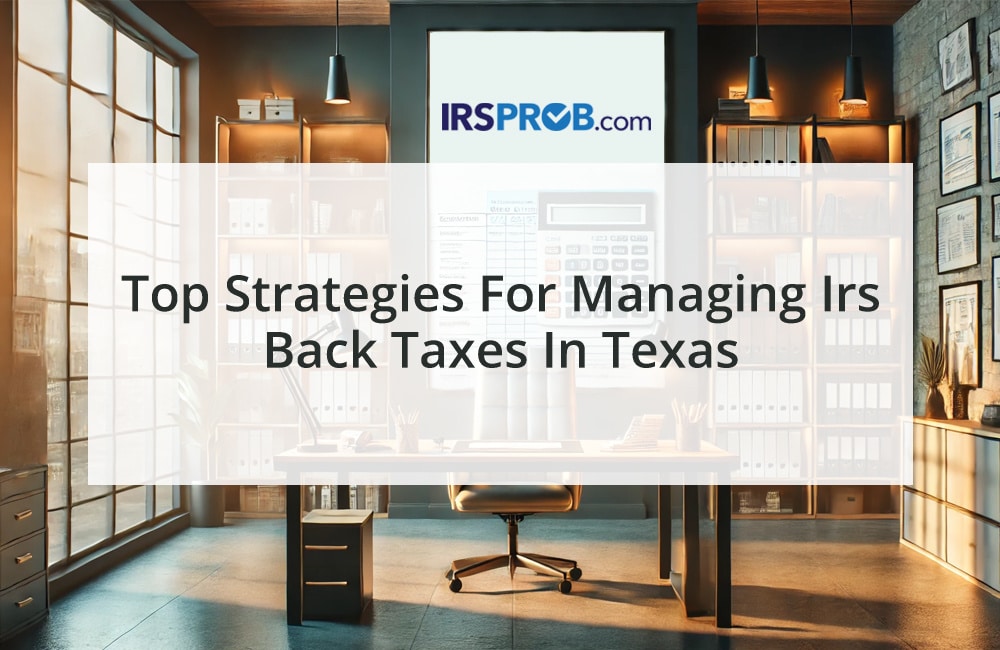Thinking about claiming the home-office deduction as a corporate owner?
The Tax Cuts and Jobs Act threw a wrench into things for employees, but there’s still a way for corporate owner-employees to benefit. Here’s how to turn your home office into a tax-saving tool for your business.
The Key: Reimbursement
The traditional employee home-office deduction is off-limits for now, but you can still claim it through your corporation. Here’s the trick: your corporation reimburses you for your home office expenses as an employee business expense. This way, the corporation takes the deduction, not you.
Rent Doesn’t Work
Trying to rent your home office space to the corporation won’t fly with the IRS. The tax code disallows this type of “rent-as-expense” setup for employee-owners.
Making it a “Principal Office”
This is where things get interesting. If your home office is the only office your corporation has, then it automatically qualifies as a principal office under tax law. This is a golden opportunity! A principal office designation means the miles you drive from your home office to a second location (say, a client’s meeting) are considered business miles, not commuting miles. This can significantly boost your car-related tax deductions!
Qualifying for the Reimbursement
There are three main hurdles to clear to claim the home-office deduction through reimbursement:
- Convenience of the Employer: Your home office needs to be used for the benefit of your corporation, not your own convenience.
- Regular and Exclusive Use: The space must be used only and regularly for corporate business.
- Documentation is Key: You’ll need to document how and why your home office meets the “convenience of the employer” test. A letter from your corporation stating the reasons why you, as an employee, must work from home can be very helpful here.
Eight Reasons Why Your Home Office Might Be Necessary
Here are some examples to illustrate the “convenience of the employer” concept:
- After-hours work is required, but the regular office cuts off heat/AC outside business hours.
- The neighborhood around the office is unsafe after dark.
- Your corporation has a policy that requires certain work (like payroll) to be done in a private location.
- Working from home allows you to put in more hours to meet business needs.
- A home office provides backup technology in case of internet outages at the main office.
The Takeaway
By following these steps, you can leverage your home office into a tax benefit for both you and your corporation. Remember, careful documentation is key to proving your home office meets the IRS requirements.









